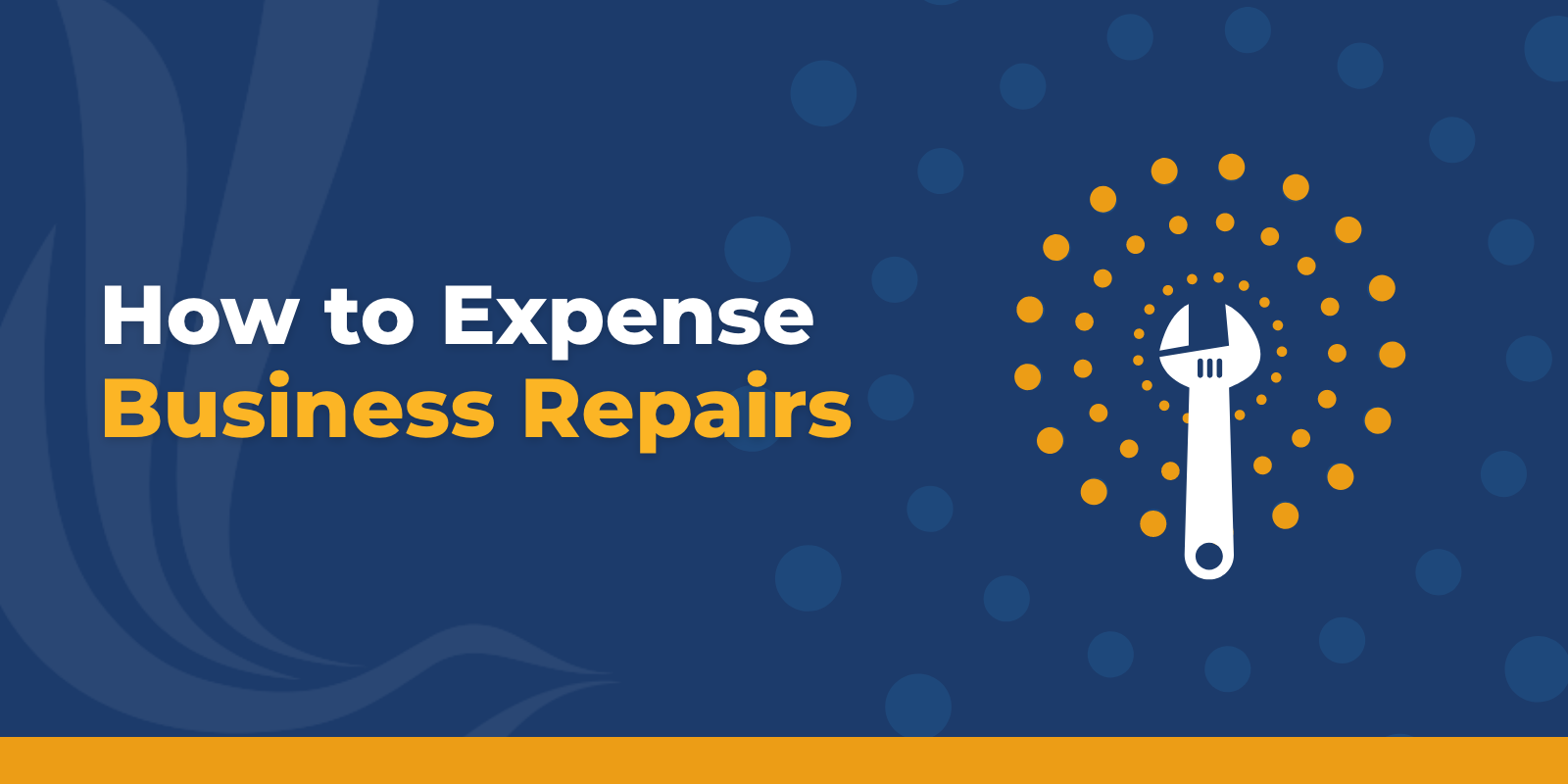
Certain business owners, including sole proprietors, businesses and rental property owners, can deduct expenses related to maintenance and repairs. The deductions must apply to their property and equipment or vehicles. However, once the repair becomes classified as a betterment, restoration, or adaptation to the property or asset, other rules will apply. Here’s a quick overview of how to expense business repairs.
Routine Repairs & Maintenance
According to the IRS, routine maintenance to a property or business helps increase the value and prolongs its usefulness. Because routine maintenance keeps the property or asset in normal working order, these expenses can be deducted in full during tax time. For example, repairing a leak in the roof of your rental property would be considered a fully deductible repair, while renovating the kitchen would be considered a capital improvement, which has other tax implications.
Capitalization
Capitalization, on the other hand, is considered to be a betterment, restoration, or adaptation to the property. In this case, you must capitalize and depreciate the expense over several years. Betterments are repairs that improve a property or business asset. This can include expanding a property or fixing a defect that existed before you purchased the property. Restorations are repairs that restore an asset to its normal condition, like replacing a roof. Adaptations are repairs that change how the property or asset is used. For example, converting a garage into additional office space would be considered an adaptation and would need to be capitalized. Generally, when depreciating these expenses, it is done over a 27.5-year period.
Home Offices
For smaller business owners or remote workers, there are home office deductions you can take advantage of during tax time. The IRS divides home office expenses into a couple categories: direct and indirect expenses. Direct expenses benefit your home office only while indirect expenses benefit both your office and your home as a whole. The rules of repairs and improvements also apply to home office expenses. Repairs are entirely deductible while improvements must be depreciated. You can determine if the expense needs to be depreciated if it fits the standards of being a betterment, restoration, or adaptation.
Tax Relief for Business Owners
The rules for expensing business repairs and improvements can become tricky. The most basic rule to remember is to deduct the expense when it is a repair that doesn’t qualify as an improvement to your property or business asset. You must capitalize and depreciate expenses that are considered a betterment, restoration or adaptation to your property or business asset. There are some exceptions to these guidelines, referred to as “safe harbors.” You should always check with a knowledgeable tax professional to ensure you remain compliant when capitalizing and depreciating expenses. Optima Tax Relief is the nation’s leading tax resolution firm with over $1 billion in resolved tax liabilities.
If You Need Tax Help, Contact Us Today for a Free Consultation